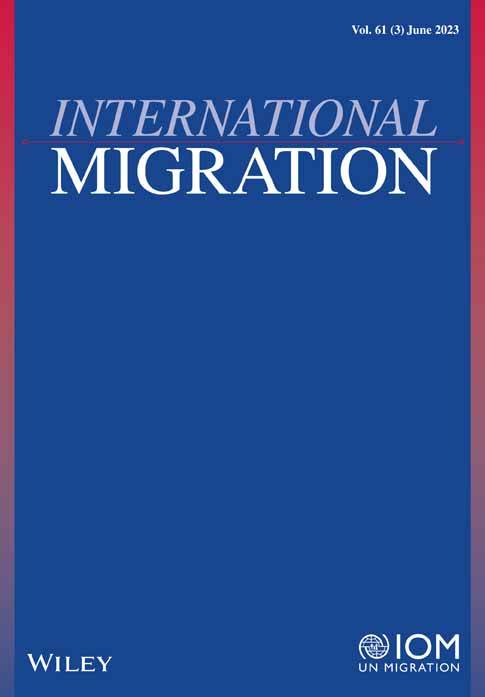Refugee life, refugee space: Ankara as a bottom-up alternative
Abstract
During research conducted in the summer of 2020, I observed the advanced marginality of the refugees in Ankara, Turkey. While some authors have examined this precarity, and some others have examined how refugees have begun to live in a spatially distinct section of certain cities, the combination of these two phenomena demands further investigation. If the underpinning truly is spatial as claimed by Lefebvre (The production of space. Oxford and Cambridge: Blackwell, 1991), then the precarious subject and the precarious space co-produce each other. What this paper intends to do is to combine space and precarity using the observations of Wacquant (Urban poverty and the underclass: a reader. Oxford and Cambridge: Blackwell, 1996, Urban Studies, 2016, 53, 1077) in his various analyses on the ghetto in France and the United States. In Wacquant's work, we can begin to see a spatial conception of precarity, and we can further extend this to the point that as space is a production and its subjects are also a co-constitution of that space. Nevertheless, Sampson (Ethnic & Racial Studies, 2014, 37, 1732) points out a certain state centrism in Wacquant's analysis. Building upon this, as well as the work of Roy (International Journal of Urban and Regional Research, 2011, 35, 223 and Territories of poverty: rethinking north and south. Athens: University of Georgia Press, 2015), we can offer the refugee neighbourhood in Ankara as an example of “bottom-up” agency, alternative to Wacquant's original state-centric analysis. In the course of this paper, this possibility of a “bottom-up” refugee solidarity and related refugee space will be analysed.
CONFLICT OF INTERESTS
The author has declared no potential conflicts of interest with respect to the research, authorship and/or publication of this article.
Open Research
DATA AVAILABILITY STATEMENT
The data that support the findings of this study are available on request from the corresponding author. The data are not publicly available due to privacy or ethical restrictions.




